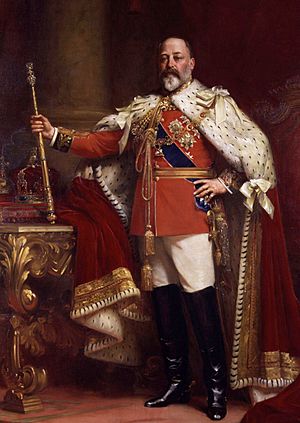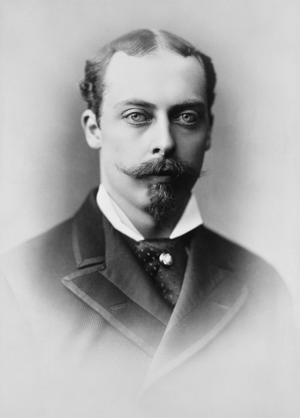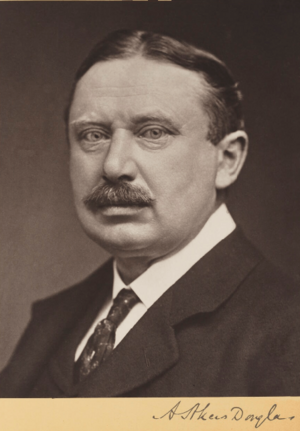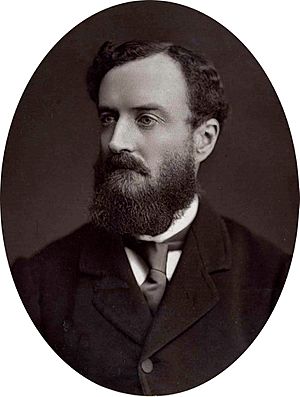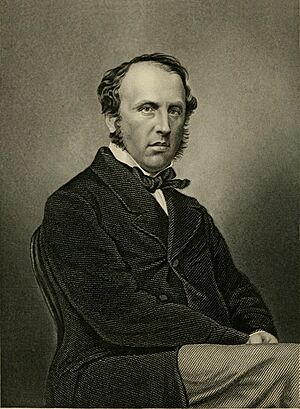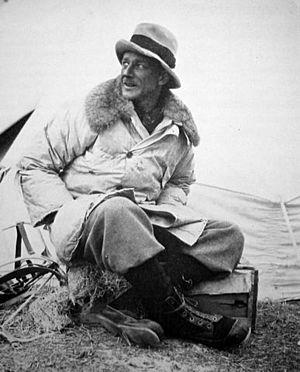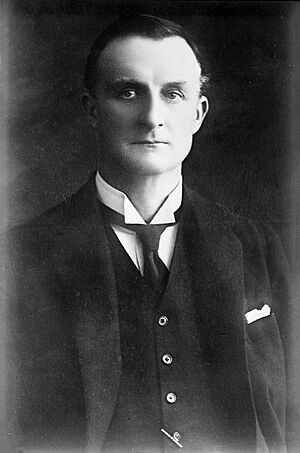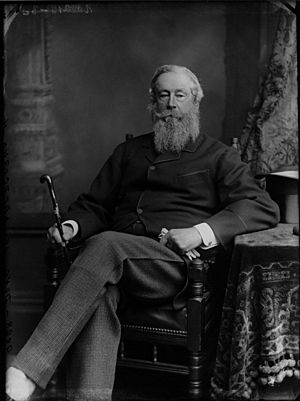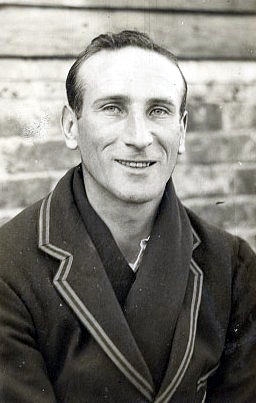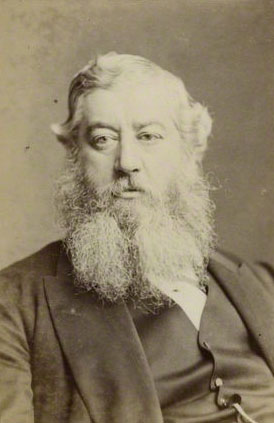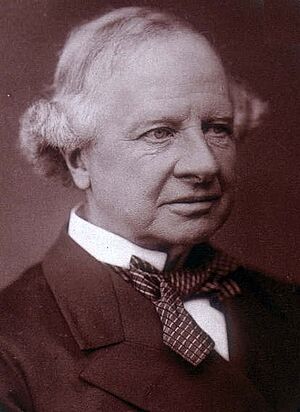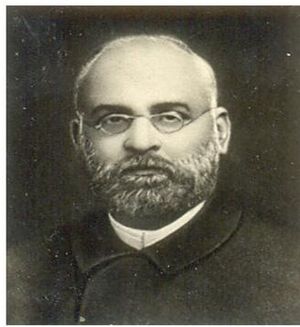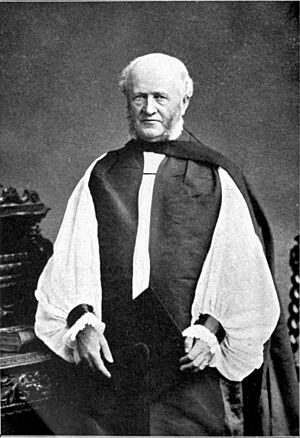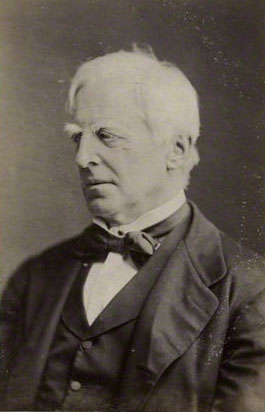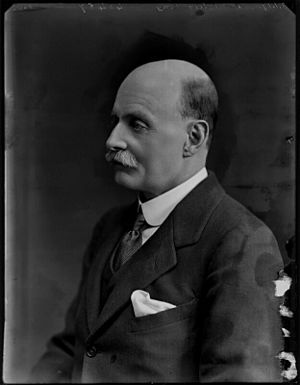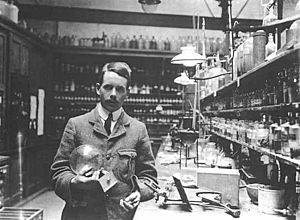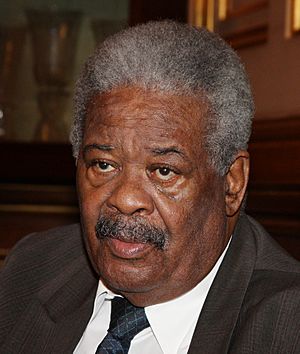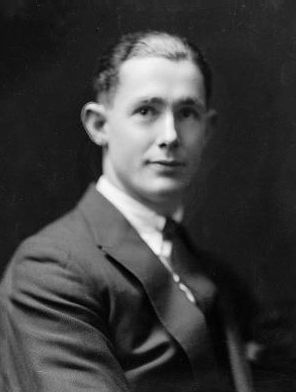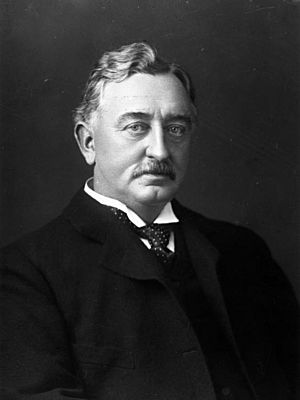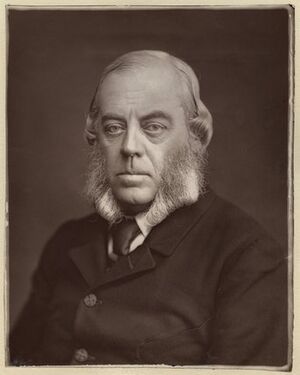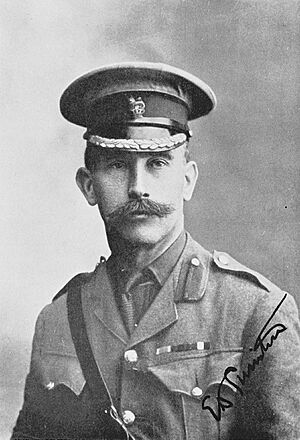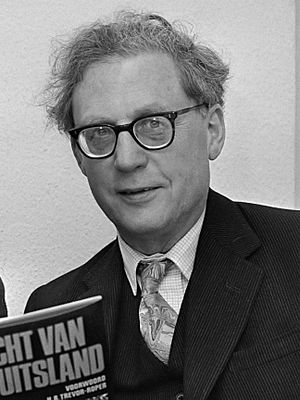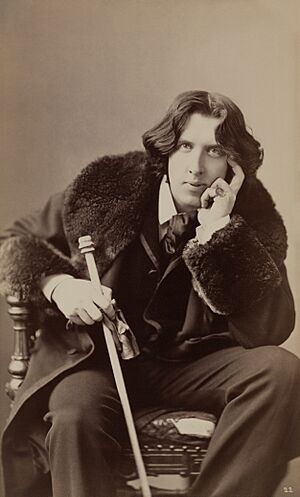Apollo University Lodge facts for kids
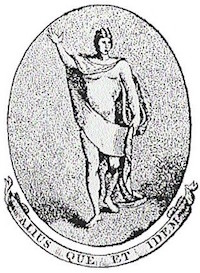
The Apollo University Lodge No 357 is a special club for students and former students of the University of Oxford. It's a type of Masonic Lodge, which is a private group that focuses on friendship, helping others, and personal growth. This lodge started in 1819, and its members have been meeting regularly ever since.
Contents
What is a Masonic Lodge?
A Masonic Lodge is a local meeting place for members of Freemasonry. Freemasonry is one of the oldest social groups in the world. It teaches good values like kindness, honesty, and fairness. Members often take part in special ceremonies and help out in their communities.
Apollo Lodge and Oxford University
Only people who have officially joined the University of Oxford can become members of the Apollo Lodge. The lodge's old records, from when it started until 2005, are kept safe in the university's famous Bodleian Library.
The lodge is a big part of university social life. It also helps the university in other ways. For example, through something called the Apollo Bursary, lodge members give money to help certain students with their studies.
Famous Members of the Lodge
Many well-known people have been members of the Apollo University Lodge. These include:
- Cecil Rhodes, a famous businessman and politician.
- Oscar Wilde, a well-known writer.
- Albert Edward, Prince of Wales, who later became King Edward VII.
In 2019, the lodge celebrated its 200th birthday! To mark this special event, a detailed history book was published by the Bodleian Library. The book is called "Oxford Freemasons: A Social History of the Apollo University Lodge." It was written by Professor J. Mordaunt Crook and Dr James Daniel.
Special Rules for University Lodges
The Apollo University Lodge, along with a similar lodge at Cambridge University called the Isaac Newton University Lodge, has some special rules. These rules allow them to do things other lodges in England and Wales usually cannot:
- They can accept new members who are officially part of the university, even if they are younger than 21. Most other lodges require members to be 21 or older.
- They can welcome many new members at once. Other lodges usually only accept one or two new members at a time.
Because these university lodges were so successful, a program called the Universities Scheme was created in 2005. This program now gives similar special rules to more than eighty university Masonic lodges across England and Wales.
Other Oxford University Lodges
While the Apollo University Lodge is the main one for Oxford University members, there are other lodges connected to the university:
- Churchill Lodge No 478 (started in 1841) is for senior members of the university.
- St Mary Magdalen Lodge No 1523 (started in 1875) is for members of Magdalen College, Oxford.
- Aedes Christi Lodge No 9304 (started in 1989) is for members of Christ Church, Oxford.
There is also the Oxford and Cambridge University Lodge No 1118, which started in 1866. This lodge is based in London and is for members of both Oxford and Cambridge universities.
Notable Members
Many people from different fields have been members of the Apollo University Lodge. Here are some of them:
- Albert Edward, Prince of Wales, who later became King Edward VII.
- Sir Thomas Dyke Acland, 11th Baronet, a reformer and politician.
- Aretas Akers-Douglas, 1st Viscount Chilston, a politician who served as Home Secretary.
- Anthony Ashley-Cooper, 7th Earl of Shaftesbury, known for his charity work.
- Charles Bathurst, 1st Viscount Bledisloe, a Governor-General of New Zealand.
- Michael Hicks Beach, 1st Earl St Aldwyn, a politician and Chancellor of the Exchequer.
- Thomas Brassey, 1st Earl Brassey, a Governor of Victoria.
- Charles Canning, 1st Earl Canning, a Governor-General of India.
- Victor Child Villiers, 7th Earl of Jersey, a banker and Governor of New South Wales.
- Edward Grey, 1st Viscount Grey of Fallodon, a politician and Foreign Secretary.
- James Hamilton, 1st Duke of Abercorn, a politician and Lord Lieutenant of Ireland.
- Douglas Jardine, captain of the England cricket team.
- Prince Leopold, Duke of Albany, the youngest son of Queen Victoria.
- Richard Lewis, a Bishop of Llandaff.
- Robert Lowe, a politician who served as Chancellor of the Exchequer.
- Walter Long, 1st Viscount Long, a politician and First Lord of the Admiralty.
- Henry Moseley, a physicist who made important discoveries about atoms.
- Ralph T. O'Neal, a Premier of the Virgin Islands.
- Arthur Porritt, Baron Porritt, a doctor, athlete, and Governor-General of New Zealand.
- Cecil Rhodes, a famous imperialist and Prime Minister of the Cape Colony.
- John Spencer-Churchill, 7th Duke of Marlborough, a politician and Lord Lieutenant of Ireland.
- Ernest Swinton, a soldier who helped develop the idea of the tank.
- Hugh Trevor-Roper, a well-known historian.
- Shyamji Krishna Varma, an Indian revolutionary and scholar.
- Oscar Wilde, a famous poet and playwright.
- John Wolfenden, Baron Wolfenden, an educationalist.


